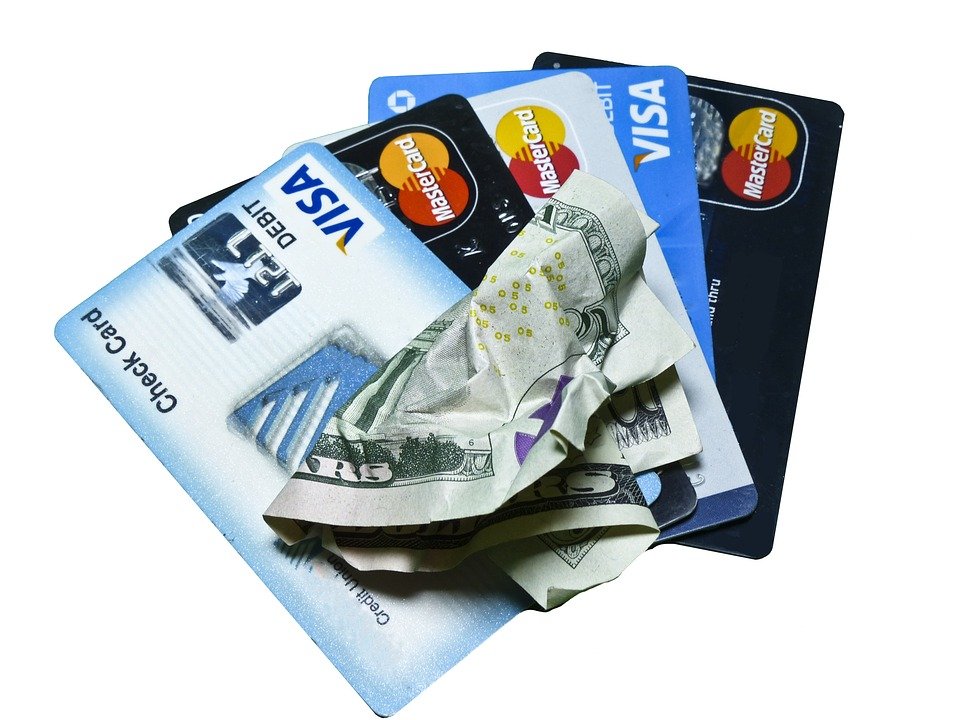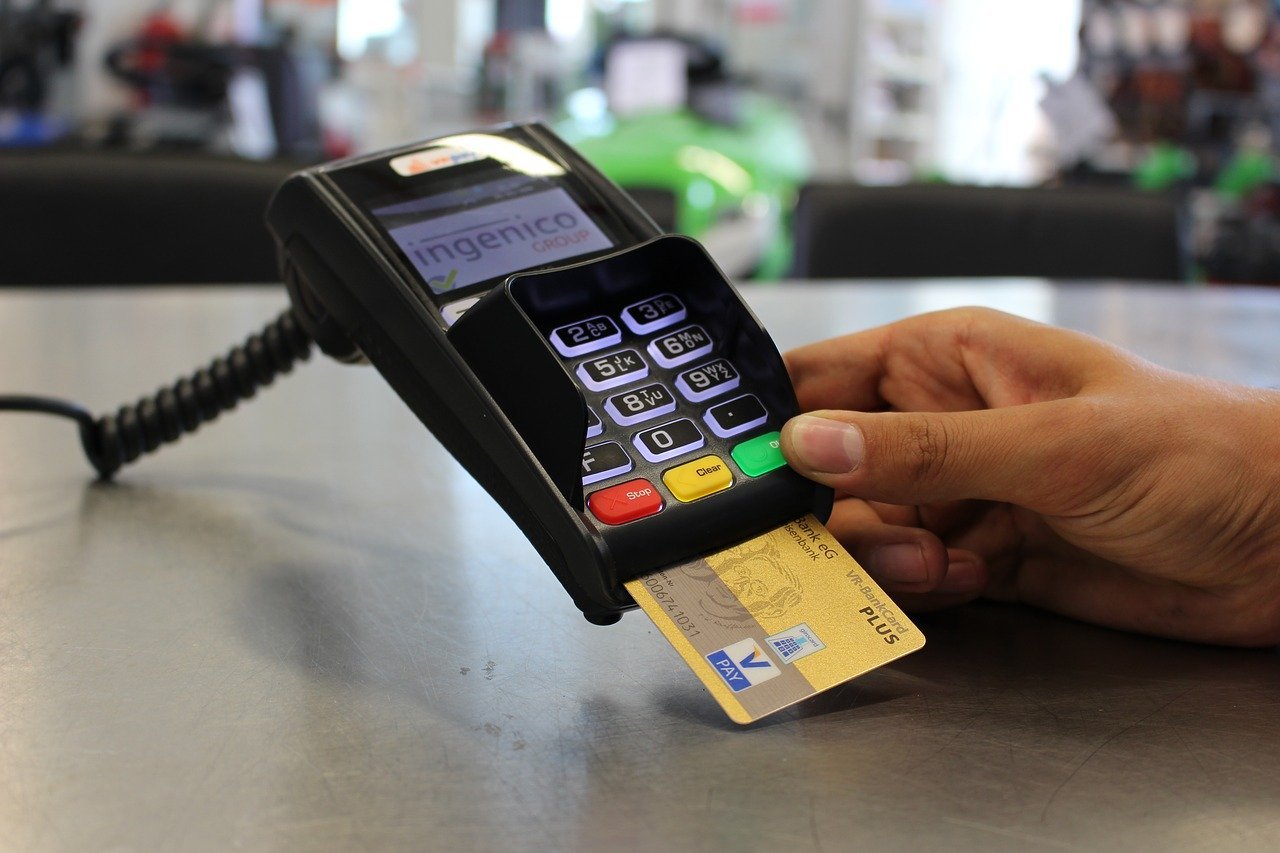A Guide for Beginners: Tips on How to Establish Credit When You’re Just Starting Out
More than 50 percent of American adults either have a poor credit score or are credit-invisible.
If you’re one of these people, it’s time to act.
As an adult, few things are more important than a good credit score. With good credit, for instance, you can easily secure loans at low-interest rates.
In this article, our focus is on people who have never had a credit score. If you’re just starting out, you need to know how to establish credit the right way.
Keep reading for more insight.
Contents
Get a Credit Card
A whopping 183 million Americans have at least one credit card and for good reason.
A credit card offers a convenient way to pay for purchases while earning certain rewards. It’s also an ideal way to start building a credit history.
You’re probably wondering, “Don’t credit card companies check an applicant’s credit score before approving them for a card?”
Well, that’s correct, but not all credit cards have this requirement. In fact, there are cards designed for people who don’t have a credit record. These are secured credit cards.
When applying for a secured credit card, you’ll give the card issuer a deposit, which will also become your credit limit. For instance, if you put down a $500 deposit, you’ll get a credit card with a $500 limit.
As you start using the card and paying the balances, you’ll build a payment history. Credit rating agencies will pick up this information and off you go!
Secure a Credit Builder Loan
If you’re unable to get a secured credit card or simply don’t like the idea, there’s another ideal option: a credit builder loan.
As the name suggests, this loan is designed for consumers who want to start building credit for the first time, as well as credit-active consumers who want to rebuild bad credit.
With a credit builder loan, a lender approves you for a certain amount of money. There’s a catch, though. You can only access the money after paying it off!
Let’s illustrate.
You apply for a $200 credit builder loan, repayable in equal monthly installments for a year. You’ll make these payments using your own money until you reach $200, plus interest. In the process, you’ll build a payment history, which is what you need to establish credit and grow it.
Think of this facility as a savings account with a credit-building benefit.
Get Credit for Your Regular Bills
As a person who’s just starting out, you probably also just started paying rent and other bills, such as the internet, cell phone, and electricity.
These bills don’t normally show up and credit reports, but when your goal is to establish credit, there’s a way you can make them boost your credit. Services like RentTrack can put a rental bill on your credit report. As you continue paying the bill on time, your credit will keep improving.
Keep in mind, though, that not all credit rating systems take this information into account. This tip is worth giving a shot, nonetheless.
How to Establish Credit Simplified!
When it comes to credit, every consumer begins on a blank slate. However, strategies for establishing and building credit vary. With this guide on how to establish credit, you now know the steps you can take to start building your credit history the right way.



